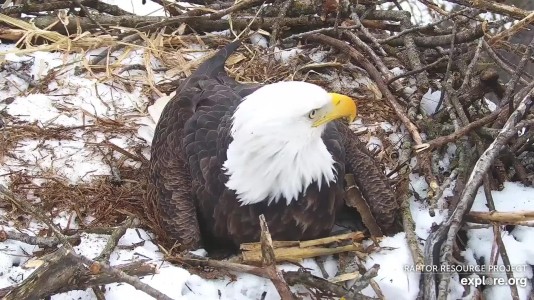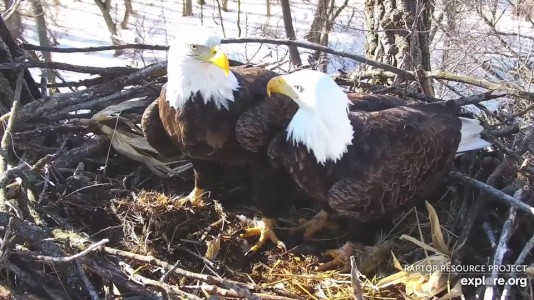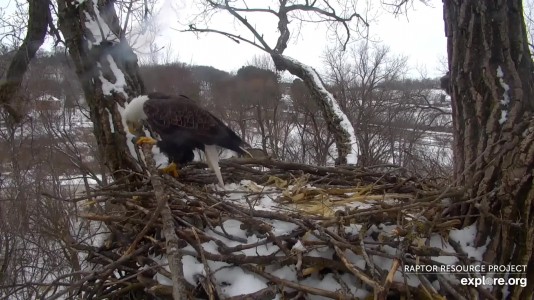International Society Of Wildlife Endocrinologists Conference Summary
/ Post by Deng Tao of the Bifengxia Panda Base via Pandas International
One of Pandas International’s objectives is to provide continuing education or learning opportunities to the veterinarians and research staff of the Panda Centers. In September, Pandas International funded the participation of one of the breeding researchers of the Bifengxia Panda Center, Ms. Deng Tao, at the International Society of Wildlife Endocrinologists Conference in Vienna, Austria. This is her report from the conference.
Summary
Hormone monitoring of wild animal is of great significance for studying reproduction and for breeding management. Over the past few decades, non-invasive monitoring of endocrine levels via feces, and/or urine has become an important technique. Data collected under the natural state can better reflect the hormone changes, and the process is simple and convenient. The aim of this conference was to bring together scientists of different research fields who share a common interest in non-invasive methods for monitoring hormones.
The conference program was divided into five parts: Reproduction, Methodological Issues, Stress, New Avenues and Miscellaneous Topics, each part was worth highlighting.
The first section, Reproduction and Stress, summarized the achievements gather from previous research and touched upon new research findings and progress. While the many contributions to improve wild animal welfare and conservation were discussed, presenters also expressed worries about the survival situation of many wild animals. The keynote lectures were provided by Janine Brown of the Washington DC Smithsonian Zoo and Michael Heistermann of Gottingen Germany.
The Methodological Issues section of the conference focused on how to choose and extract target objection from fecal samples, as well as the application of new analysis methods.
New Avenues and Miscellaneous topics showed us the newest approaches and emerging hot topics, which suggested future research prospects.
For me, personally, this conference was of important significance. First, I learned more about developments and successful application regarding the techniques used in hormone monitoring, which was my primary purpose for going to Vienna. Second, I met many nice people who were very helpful for my job, we had good conservation about our jobs and agreed to keep in touch with each other in the future.
Finally, I want to thank everyone who help me with this conference.


